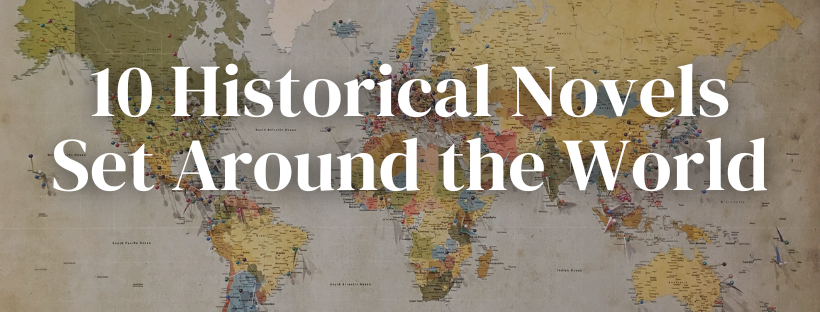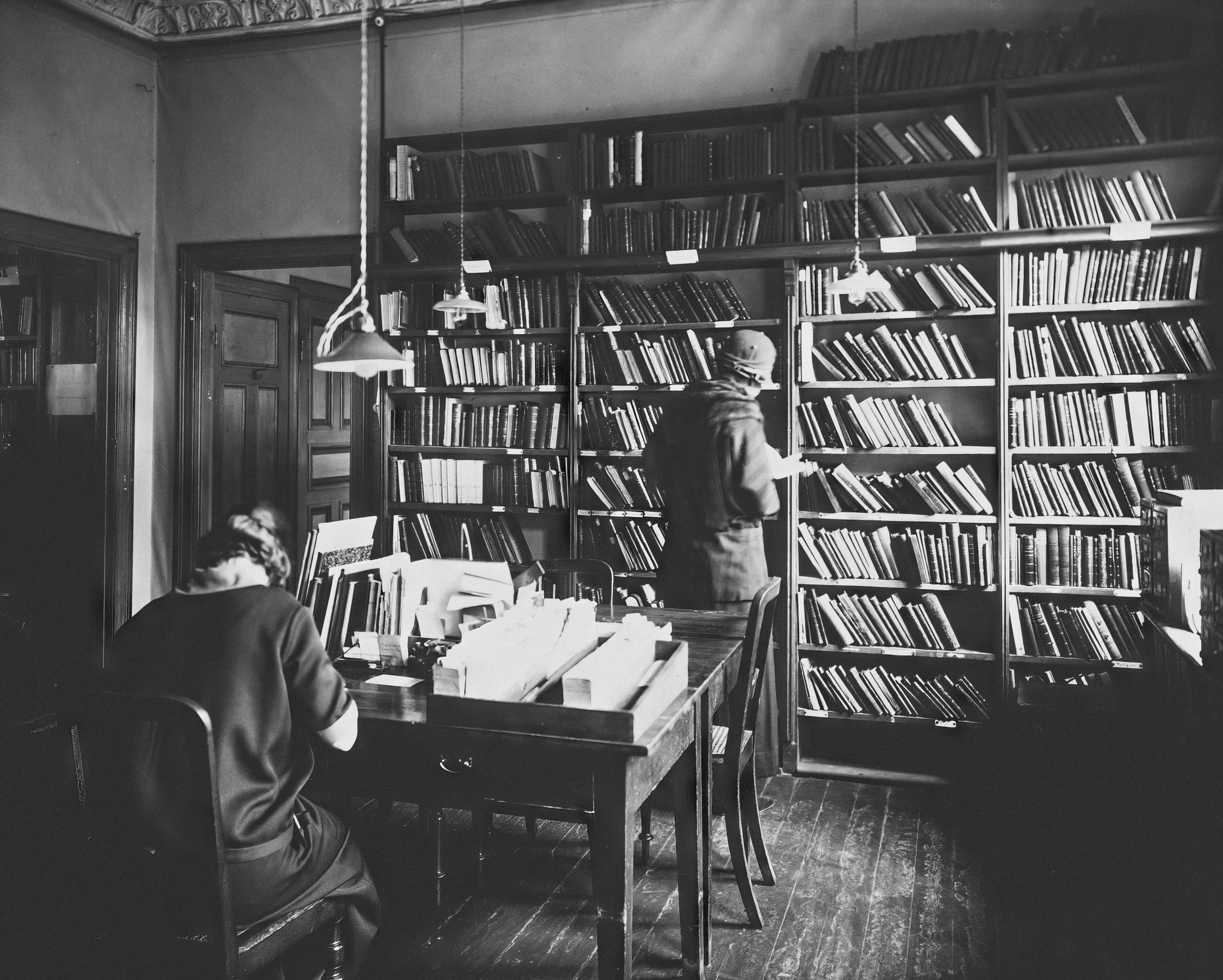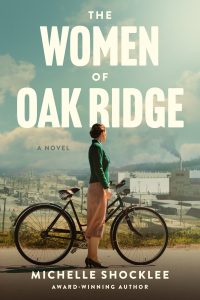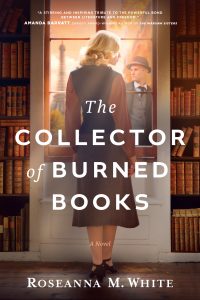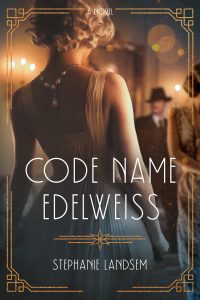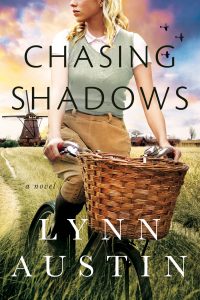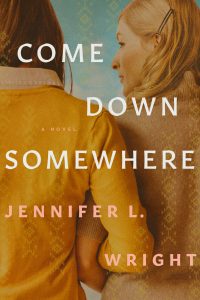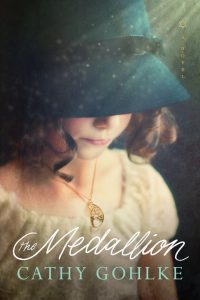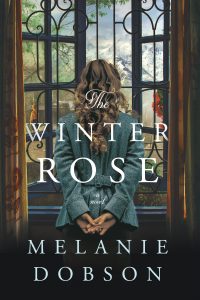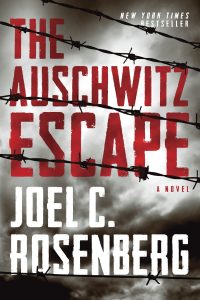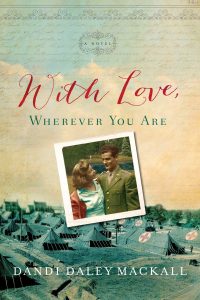“As in every work of historical fiction, many aspects within these pages are based in truth.” Jennifer L. Wright
Jennifer L. Wright
World War II novels have captivated readers for decades, in part because there are so many aspects of the time period to be explored and also because stories of ordinary people doing the extraordinary in times of harsh adversity make for inspiring books.
The following World War II novels are based on or inspired by real-life heroes or situations that contributed in their own way to turning the tide of the war. As you’ll see, the authors of these novels have done incredible amounts of research to ensure their stories bring readers into the lives of these characters and feel, for a moment, what it might have been like to make the devastating decisions so many were forced to make during such a pivotal time in history.
If you want to know more about the research the authors did or how they were inspired by their characters’ true-life counterparts, make sure to read the authors’ notes in the back of the books.
The Women of Oak Ridge
By Michelle Shocklee
Maebelle Willett arrives in Oak Ridge, Tennessee, with a new government job she knows little about, but she’s told it will help America win the war. Not all is what it seems, however. When her roommate disappears after sharing information about her job, Mae desperately attempts to find her but instead comes face-to-face with a life-altering revelation―one that comes at significant cost.
As Michelle mentions in her guest blog post, she thought her education on the atomic bomb was complete with all of her family connections to the Trinity test in New Mexico. But one small comment from a reader made her look at another secret city: Oak Ridge, Tennessee. Through her research, she learned that over 75,000 people worked and lived in Oak Ridge by the end of the war, some of them, as Michelle mentions in her author’s note, unknowingly helping enrich uranium for the atomic bomb, similar to her characters in The Women of Oak Ridge.
All We Thought We Knew is another WWII novel from Michelle Shocklee based on true events, about Camp Forrest in Tennessee, an internment camp for German and Italian civilians and POWs.
The Collector of Burned Books
By Roseanna M. White
German writers exiled for their opinions or heritage have been taking up residence in Paris, opening a library meant to celebrate the freedom of ideas and gathering every book on the banned list. But when the German army takes possession of Paris, literature professor Corinne loses access to the library and all the secrets she’d hidden there. As Corinne forms an unlikely friendship, she fights to preserve the truth that enemies of freedom long to destroy.
As Roseanna says in her author’s note, her brain began buzzing when she read a couple of short paragraphs about the Library of Burned Books in Paris in a book entitled When Books Went to War by Molly Guptill Manning. From there, Roseanna had to learn more about this library and began researching. As Roseanna mentions in her guest post, that research led to questions like “What sort of person would have been put in charge of this library?” and “What if that library protector had secrets of his own?”
Code Name Edelweiss
By Stephanie Landsem
When Liesl loses her job at MGM, her only choice is to work with Leon Lewis and the mysterious Agent Thirteen to spy on her friends and neighbors in her German American community. What Leon Lewis and his spies find is more chilling―and more dangerous―than any of them suspected.
Stephanie mentions in her author’s note that Code Name Edelweiss started from research for her previous novel, which led her to learn about Leon Lewis and his Hollywood-based spy network. Leon Lewis had agents of German heritage infiltrate organizations that were focused on using Hollywood studios as propaganda machines for Germany leading up to World War II.
Chasing Shadows
By Lynn Austin
The Nazi invasion of the Netherlands propels three women—Lena, Ans, and Miriam—onto paths that cross in unexpected, sometimes-heartbreaking ways. Yet the story that unfolds illuminates the surprising endurance of the human spirit and the power of faith and love to carry us through.
In her author’s note, Lynn mentions having read two autobiographies from Dutch women about their lives during the war that have had a profound effect on her: The Hiding Place by Corrie ten Boom and Things We Couldn’t Say by Diet Eman. These books served as a basis for writing a book set in the Netherlands during WWII and Lynn mentions that “many of the incidents in this story are based on true accounts of courageous Dutch Christians who lived through Nazi occupation.”
Lynn has written other novels set during World War II, including If I Were You, about two friends from different social classes who become ambulance drivers in the war; and Long Way Home, about a woman helping her friend through his PTSD after returning home.
Come Down Somewhere
By Jennifer L. Wright
As World War II begins, the government seizes Olive’s family’s land in the Jornada del Muerto region of New Mexico for the construction of a new, top secret Army post. Olive becomes friends with Jo, whose father happens to be the Army sergeant who occupies Olive’s beloved ranch. Both their lives change one devastating day when the sky explodes around them.
The title of the book, Jennifer explains in her author’s note, comes from a quote by Dr. Louis Hempelmann, a physician who worked on the Manhattan Project, speaking about the Trinity test: “All that radioactivity up there has got to come down somewhere.” And it did just that, up to one hundred miles away from the test site near Alamogordo, NM. As Jennifer goes on to explain in her note, the aftereffects of the bomb test on nearby residents—such as illness to animals, including those used for food; infant mortality; cancer—wasn’t a priority at the time but are still being felt today.
As she says in her guest post, she “wanted to bring this story to the forefront and draw attention to the overlooked and underappreciated sacrifice of the people of southern New Mexico during World War II.”
The Medallion
By Cathy Gohlke
As daily atrocities intensify in Warsaw, Rosa soon faces a terrifying reality: to save their daughter’s life, she must send her into hiding. Her only hope of finding her after the war―if any of them survive―is a medallion she cuts in half and places around her neck.
As she says in her author’s note, Cathy’s spark for the story started at a writers’ retreat, when she heard about the discovery of an underground tunnel that a group of Jewish captives had used to escape their imprisonment. This led to old interviews and stories returning to the spotlight, including one story about Itzhak Dugin, who had found family members in mass graves by identifying their clothing, including a medallion he had given his wife on their wedding day. As Cathy began researching, she also came across the story of Irena Sendler, who developed a network to smuggle children out of the Warsaw Ghetto and into Polish homes. As she started thinking about what became of those children after the war, the two threads—one from Itzhak and one from Irena—started to come together.
Cathy has written other novels about World Warr II, including Saving Amelie, about a woman working to save an estranged friend’s daughter; Until We Find Home, about an American woman who joined the French Resistance; and Secrets She Kept, about a woman who fights her father’s designs for her life.
The Winter Rose
By Melanie Dobson
Grace Tonquin is an American Quaker who works tirelessly in Vichy France to rescue Jewish children from the Nazis. After crossing the treacherous Pyrénées, Grace returns home to Oregon with two children, a brother and sister, whose parents were lost during the war. Though Grace and her husband love Élias and Marguerite as their own, echoes of Grace’s past and trauma from the Holocaust tear the Tonquin family apart.
Coming out of a tumultuous 2020, “the courageous work of American and British Quakers in France was particularly inspiring to me in this season,” Melanie writes in her author’s note. These Quakers fed thousands, helped transport hundreds of children out of occupied France and into bordering countries during World War II, and helped support refugees even after the war. As Melanie mentions in her guest post, the book wasn’t based on the life of one historical figure, but the main character was inspired by real women who cared for children through the American Friends Service Committee.
Melanie has written other novels set during World War II, including The Curator’s Daughter, about a archaeologist whose secrets and discoveries put her and her adopted daughter in danger; Memories of Glass, about friends who rescue children as they await deadly deportation; Hidden Among the Stars, about ordinary people who resisted evil in an extraordinary way; and Catching the Wind, about a man searching for the sister he was separated from when they arrived in England from Germany.
The Auschwitz Escape
By Joel C. Rosenberg
After being sentenced to hard labor in the Auschwitz labor camp, Jacob and Jean-Luc are chosen for one of the most daring and dangerous feats imaginable―escape from Auschwitz. With no regard for their own safety, they must make it to the West and alert the Allies to the awful truth of what is happening in Poland.
As Joel says in his author note, The Auschwitz Escape was the most difficult book he’s ever written and was a deeply personal project. He also talks about feeling the pressure of helping people understand the truth of what happened in Auschwitz and to inspire people on their own journey of learning more about the atrocities that occurred. The idea for the story came from reading about the real-life escapes from Auschwitz in a book entitled London Has Been Informed, which then started his research into the escapes; Joel’s author note also includes a list of nonfiction resources he used to research for the novel.
With Love, Wherever You Are
By Dandi Daley Mackall
After a whirlwind romance and wedding, Helen and Frank are sent to the front lines of Europe during World War II with only letters to connect them for months at a time. Surrounded by danger and desperately wounded patients, they soon find that only the war seems real—and their marriage more and more like a distant dream.
In her author note, Dandi says her favorite family stories growing up were the ones her parents told about serving during World War II. She also tells the story of how she came to be in possession of over 600 letters her parents wrote to each other while they were stationed away from each other and how she was able to create a fictionalized version of her parents’ love story.
